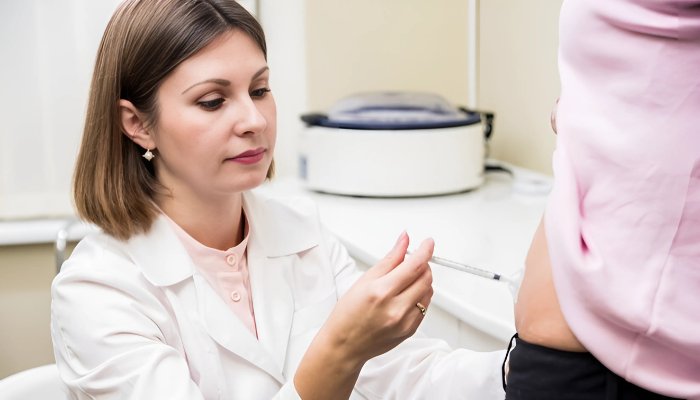“Feminine concerns” can encompass a wide range of topics related to women’s health, social issues, and personal well-being. Here’s a breakdown of some common feminine concerns, their uses, and their benefits:
1. Menstrual Health
- Uses: Understanding menstrual cycles, managing symptoms like cramps and PMS, and maintaining menstrual hygiene.
- Benefits: Improved overall health, reduced discomfort, better planning for activities, and increased awareness of reproductive health.
2. Reproductive Health
- Uses: Access to contraceptives, routine gynecological exams, and awareness of sexually transmitted infections (STIs).
- Benefits: Empowerment in family planning, early detection of reproductive issues, and increased sexual health knowledge.
3. Mental Health
- Uses: Addressing issues like anxiety, depression, and body image concerns that disproportionately affect women.
- Benefits: Improved emotional well-being, stronger self-esteem, better coping mechanisms, and healthier relationships.
4. Nutrition and Fitness
- Uses: Tailored nutrition plans and fitness regimens that consider hormonal fluctuations and specific health needs.
- Benefits: Enhanced physical health, better energy levels, improved mood, and reduced risk of chronic diseases.
5. Breast Health
- Uses: Regular self-examinations and mammograms for early detection of breast cancer and other issues.
- Benefits: Increased awareness of breast health, earlier intervention for potential problems, and reduced mortality rates.
6. Menopause Management
- Uses: Understanding menopause, exploring hormone replacement therapy (HRT), and managing symptoms like hot flashes.
- Benefits: Improved quality of life, reduced menopausal symptoms, and better health management during aging.
7. Sexual Health and Wellness
- Uses: Understanding sexual health, addressing issues related to libido, and exploring sexual pleasure.
- Benefits: Enhanced intimate relationships, improved sexual health knowledge, and greater sexual satisfaction.





